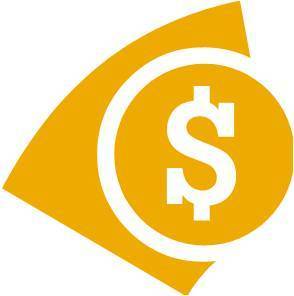Repeat after Me: Publishing Is a Business
Publishing is a business; writing is an art.
So a few months ago, Barry Eisler decided to forgo a $500,000 2-book deal with St. Martin's to self-publish. This week, the news broke that he had signed a deal to publish his next RAIN novel with Amazon's new thriller imprint Thomas and Mercer. J. A. Konrath–that force of indie pubbing–also has at least one book with Thomas and Mercer.He and Konrath discuss their decisions here.
Apparently, many in the indie publishing community find Eisler's and Konrath's decisions to sign with Amazon's imprint to be hypocritical, and frankly, that's just silly.
I have tried to make the point on this blog before that publishing is a business. The reason established authors are leaving legacy publishing and that new authors are not even pursuing that route anymore is because it is not good business. A new model came into play that made the old one obsolete. Authors can now take their work directly to consumers and earn much more money per book. No longer do writers have to pretend that they enjoy being poor, starving artists. They can actually make a living at their jobs!
But does that mean self-publishing will always offer the best business model? That it's the be-all-end-all? No. Keep an open mind. What if a company were able to offer the best of both worlds? You would get full editorial control, but you'd have the use of proofreaders and cover artists and a huge marketing department. You could get your book in physical stores, thereby expanding your market. You'd be making excellent royalties too.
Wouldn't you at least look into it? It would be foolish not to. Publishing is a business; writing is an art. And indie publishing is one business model for bringing your art to market. I believe it is a good model, but you'd better believe I'd look into all the options. Don't artificially prevent yourself from making a good business decision because you've labeled yourself "indie only."




